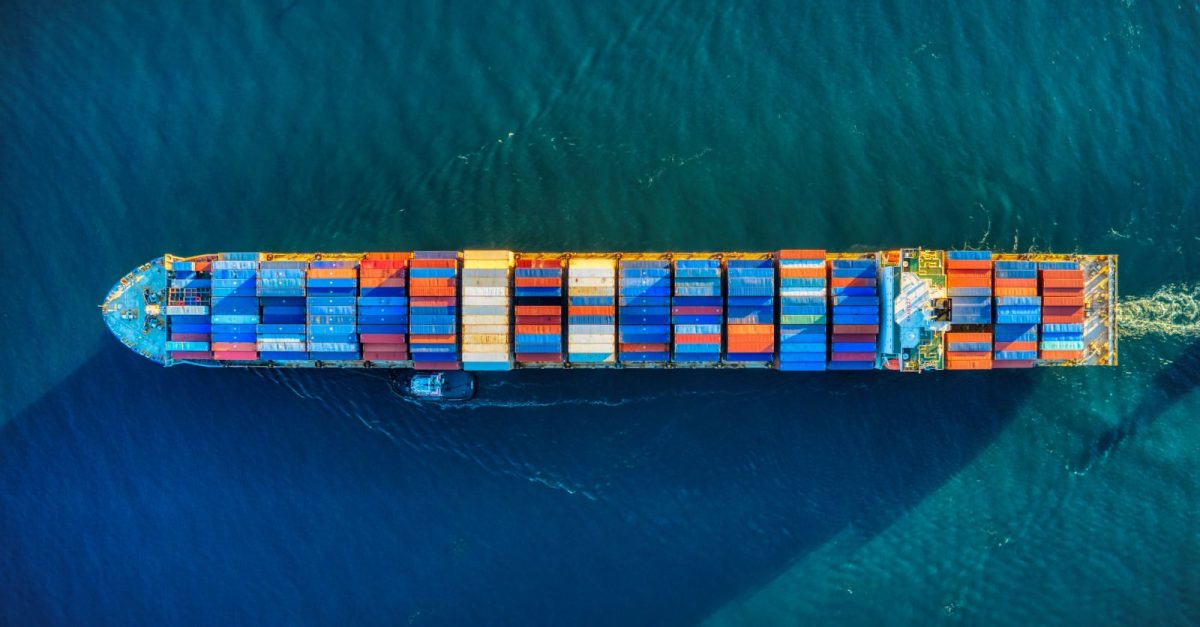Container deliveries for (online) shops threaten quality of life at ports
Especially at the beginning of Christmas time, dozens of cardboard boxes are piling up again in the paper bins of the republic. The volume of online purchases has been increasing for years, and the ongoing coronavirus pandemic has largely exacerbated the rapid increase. But if we take a look behind the scenes of the shopping giants, a sad picture emerges.
At least that’s what a new study by the nonprofit organizations Pacific Environment and Stand.earth in the United States shows. Accordingly, deliveries for Amazon and the American retailer Target are particularly responsible for air pollution at ports on the west coast. As a result, air quality around Long Beach and Los Angeles is becoming worrying.
In addition to the increasing number of orders, the logistics of the two companies also play a major role. Because most of the goods are handled via the ports mentioned above. In addition to Target and Amazon, IKEA and Walmart were also examined, the latter company having the highest emissions. However, since Walmart organizes its own logistics in a more distributed manner, the impact on certain areas is less.
Due to the burning of heavy fuel oil, shipping logistics remains one of the dirtiest sectors in the world. A study from 2015 came to the conclusion that around 60,000 premature deaths worldwide are due to emissions from ships, routes between China and the geographic west are particularly busy.
IKEA is an exception for the four companies examined. The furniture manufacturer was even able to reduce its emissions somewhat, the reason being that deliveries from China to Europe are transported by rail. Only from there does the container ship continue to the United States. A model that could catch on.
Otherwise, many dealers have already set themselves ambitious goals. Amazon wants to send 10 percent of its goods by 2030 only via emission-free ships, by 2040 all shipping traffic at Amazon and IKEA should be climate-neutral. That is also necessary: the dealers can put great pressure on the logistics industry, so far there is still a lack of broadly applicable alternatives to the dirty container ship.
Via The Verge



